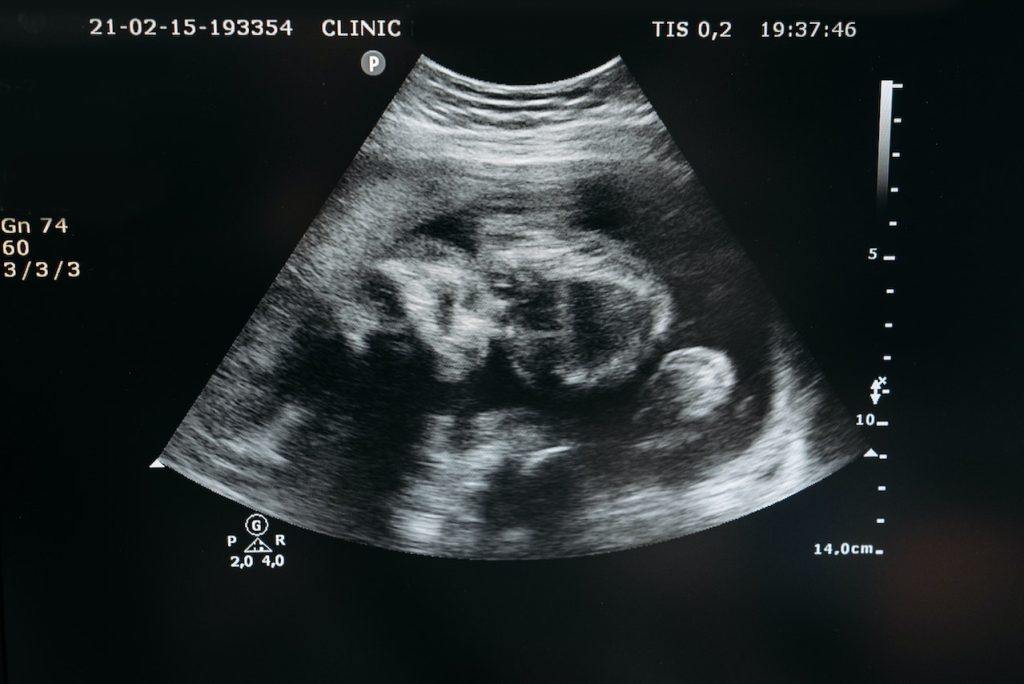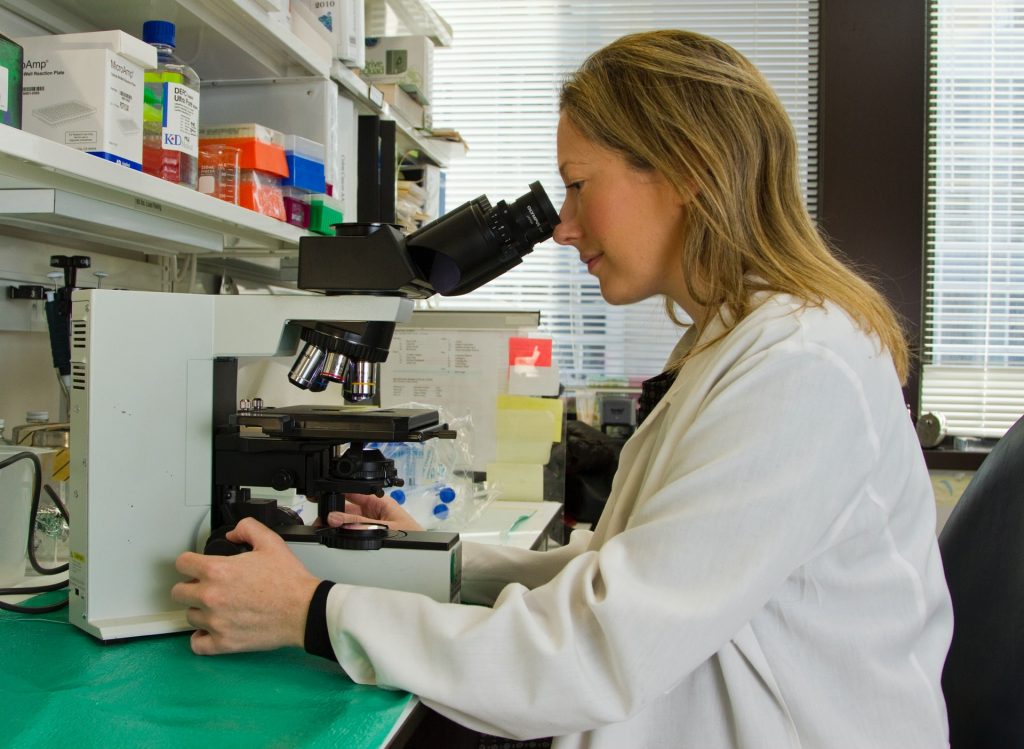Oxytocin Can ‘Pause’ Pregnancy After Conception

Oxytocin, a hormone already known for its role in childbirth, milk release, and mother–infant bonding, may have a newfound purpose in mammalian reproduction. In times of maternal stress, the hormone can delay an embryo’s development for days to weeks after conception, a new study in rodents shows. According to the authors, the findings about so-called “diapause” may offer new insights into pregnancy and fertility issues faced by humans.
Led by researchers at NYU Langone Health, the study explored diapause, in which an embryo temporarily stops growing early in its development before it attaches to the lining of its mother’s uterus, a key step leading to the formation of the placenta. Known to occur in species as varied as armadillos, giant pandas, and seals, diapause is thought to have evolved to help expectant mothers preserve scarce resources (e.g., breast milk) by delaying birth until they have enough to successfully take care of their offspring.
Although recent studies have uncovered evidence that a form of diapause may occur in humans, the underlying mechanisms behind it have until now remained unclear.
The findings in mice showed that one type of stress that may cause diapause is milk production and release (lactation), as it requires a mother to expend bodily resources nursing already-born pups, and supplying nutrients to pups growing in the womb, at the same time. The study revealed that the time between conception and birth, typically 20 days for these animals, was delayed by about a week in pregnant rodents that were already nursing a litter.
Further, the research team showed that this delay was brought about by a rise in the production of oxytocin, levels of which are known to go up as a mother lactates. To confirm this role for the hormone, the researchers exposed mouse embryos in the lab to a single dose (either 1 microgram or 10 micrograms) of oxytocin, and found that even these small amounts delayed their implantation in the uterus by as much as three days. The team found that the chemical did more than just pause pregnancy: oxytocin surges that were large enough to mimic the amounts and timing measured during nursing caused loss of pregnancy in the mice in nearly all cases.
“Our findings shed light on the role of oxytocin in diapause,” said study co-author Moses V. Chao, PhD, a professor at NYU Grossman School of Medicine. “Because of this newfound connection, it is possible that abnormalities in the production of this hormone could play roles in infertility, premature or delayed birth, and miscarriage.”
A report on the findings appears in Science Advances in a special issue focused on women’s health.
In another part of the study, the team searched for a mechanism that would allow embryos to react to an oxytocin surge. They found that the hormone can bind to special proteins called receptors on the surface of a layer of cells known as the trophectoderm, which surrounds the early embryo and eventually forms the placenta.
Notably, mouse embryos that were genetically altered to disable oxytocin receptors lived long enough to implant into their mother’s placenta at much lower rates than normal embryos. This suggests that the ability to respond to oxytocin spikes and therefore go into diapause is somehow important for the developing pups’ survival, says Dr. Chao, who plans to examine this protective function in more detail.
“Despite being extremely common, infertility and developmental issues that can arise during pregnancy remain poorly understood and can have a lasting, devastating impact on parents and their children,” said study senior author Robert Froemke, PhD, professor of genetics. “Having a deeper understanding of the factors that contribute to these problems may allow experts to better address them in the future.”
The researchers next plan to examine how cell growth gets turned back on after diapause, Dr Froemke says. In addition, the team plans to explore how diapause may affect offsprings’ health and development after birth, and determine whether and how their discoveries can inform reproductive medicine.
Dr Froemke cautions that while the study results are promising, mice and humans have significant differences in their reproductive processes, despite both being mammals. He adds that the current investigation did not assess the role that other pregnancy-related hormones, such as oestrogen and progesterone, may play in diapause.
Source: NYU Langone Health / NYU Grossman School of Medicine




